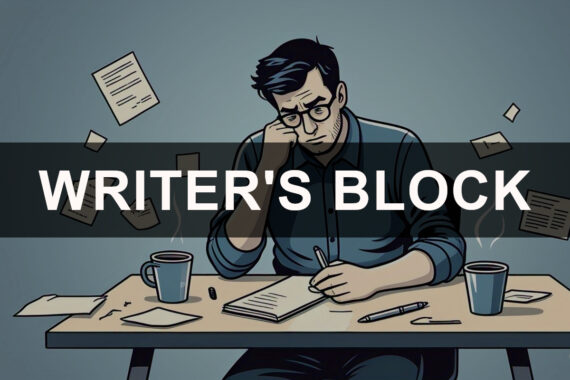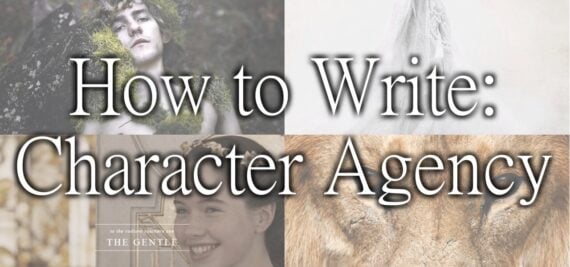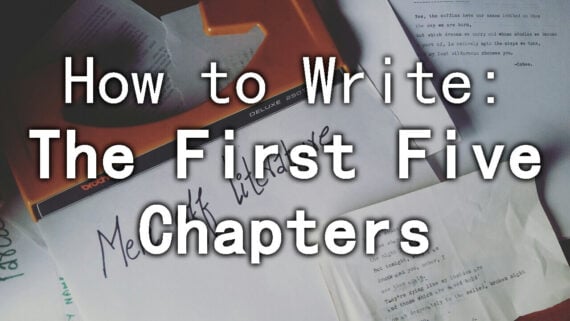What is Writer’s Block?
Do you struggle to start a project or can’t express your thoughts effectively on a page or screen? If the answer is yes, then you are not alone. This experience is familiar to even the most accomplished authors and seasoned writers. Luckily, a few tips can help you overcome this obstacle and start writing again. …


